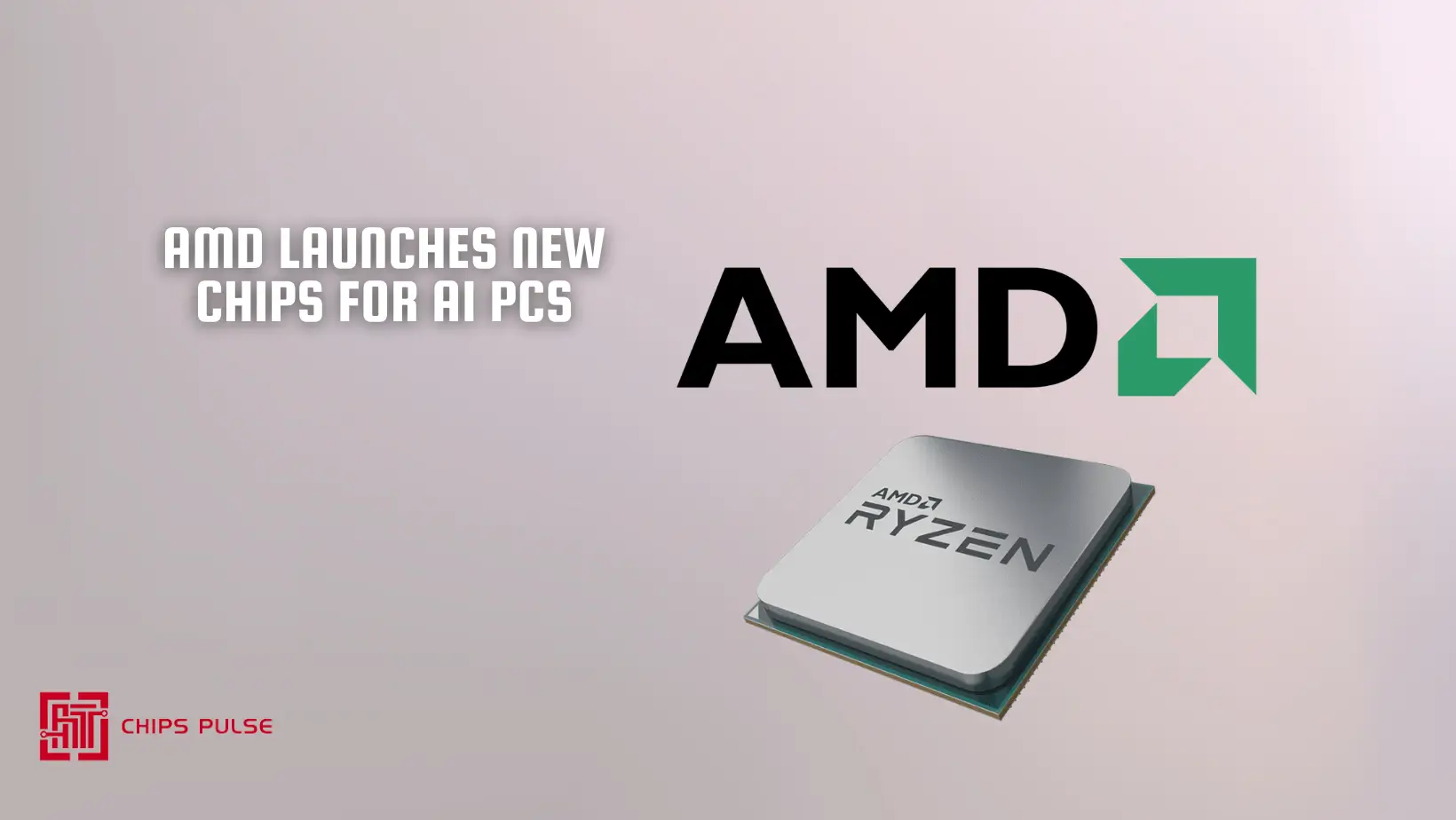Advanced Micro Devices (AMD), an American chip design company, has unveiled its latest processors aimed at powering AI-enabled PCs, positioning itself to compete against industry giants like Nvidia and Intel. These new chips are tailored for artificial intelligence (AI) applications, such as real-time language translation and summarization - defining them as AI PCs.
The Ryzen Pro 8040 series laptop and desktop CPUs, based on 4-nanometer technology, are proclaimed by AMD to be the most potent chips for business PCs yet. The company anticipates these powerful processors to feature prominently in upcoming PC models from industry leaders like HP and Lenovo as early as the second quarter of 2024.
This move puts AMD in direct competition with Nvidia and Intel, who also offer CPUs designed specifically for AI PCs. It's worth noting that AMD, like Nvidia, does not manufacture its own chips; instead, it relies on semiconductor foundries, primarily the Taiwan Semiconductor Manufacturing Company, to fabricate its chips. This strategic move by AMD signifies a significant development in the ongoing battle for dominance in the AI PC market.
AMD's groundbreaking announcement of the next-generation Ryzen 8000G series desktop processors in January has sent shockwaves through the tech world. The 8000G series promises nothing short of immense power and dominant performance for intensive workloads, catering to the needs of gamers and content creators alike.
What's particularly exciting about the 8000G series is its cutting-edge 4-nanometer process, representing a significant leap forward in processor technology. AMD and Intel are placing a big bet on AI PCs, heralding a new era for the industry. With the rise of AI technologies showcased by ChatGPT's launch in November 2022, the outlook for AI personal computers is undeniably promising.
According to Victor Peng, the president of AMD, speaking to CNBC in February, the market for AI personal computers is expected to experience rapid growth, with adoption set to accelerate in the second half of 2024. This suggests that the 8000G series may well be at the forefront of this transformative trend, delivering advanced capabilities to meet the evolving demands of computer users.
